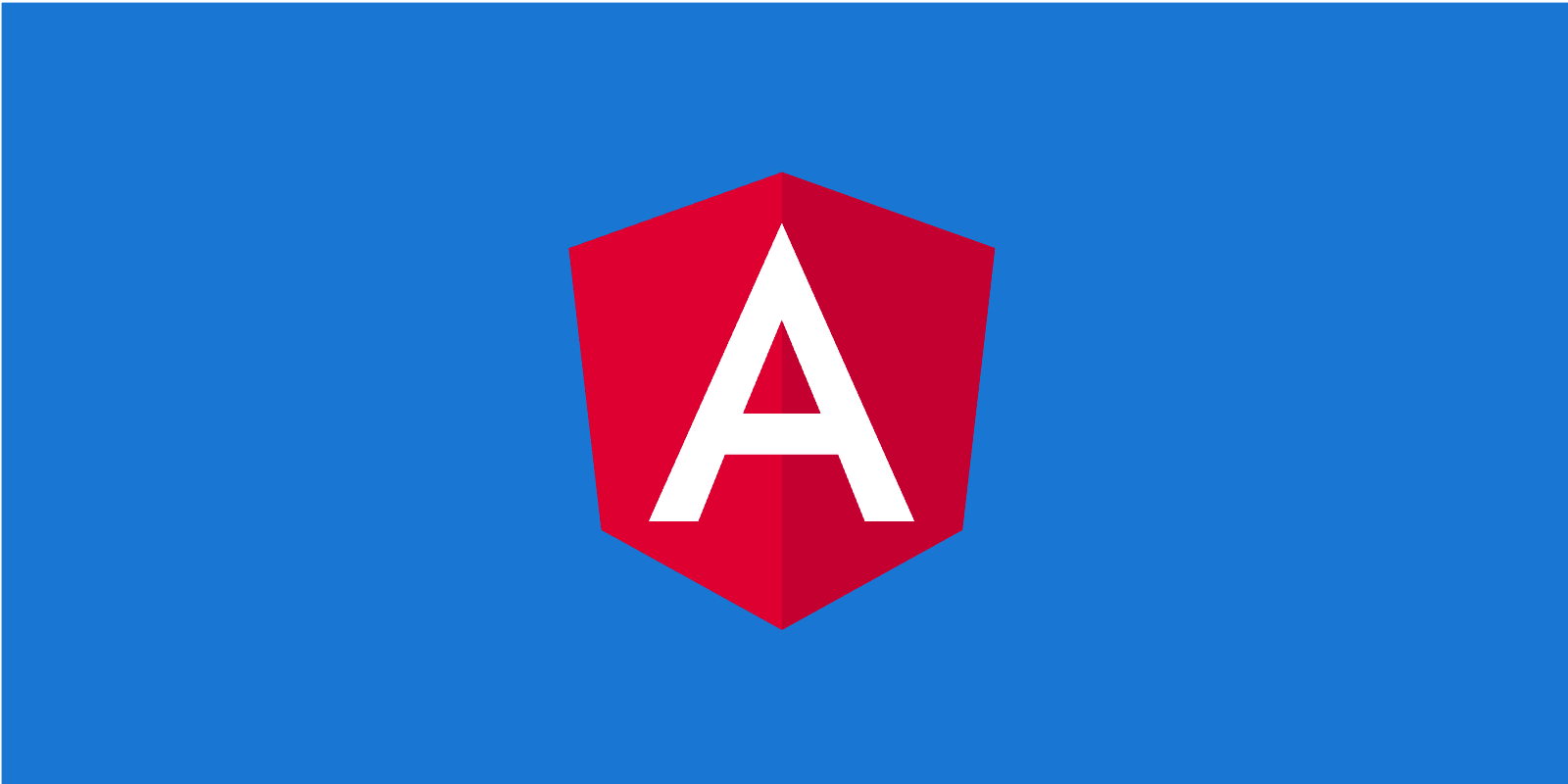
How to add husky to Angular
Use husky to reduce errors and have a consistent codebase
Posted
Updated
This article is based on Husky v8.0.1.
Husky makes modern native Git hooks easy to use in an Angular project. You can use it to lint your commit messages, run tests, lint code, or many more when you commit or push.
💰 The Pragmatic Programmer: journey to mastery. 💰 One of the best books in software development, sold over 200,000 times.
But what are Git hooks and how can you add husky to any Angular project?
What are Git hooks?
Git hooks are scripts/programs that you can set up to run at certain points in git's execution (git lifecycle). These points include different stages of a commit, like before a commit (pre-commit) or after a commit (post-commit).
Git hooks allow developers to enforce standards by automating other scripts to run those tasks,
like run npm test before a commit, or run eslint to avoid eslint errors and warnings.
Husky supports all Git hooks. You can find a list with all available Git hooks here.
Add husky to your Angular project
There are two ways to install husky in your project:
- Automatic (recommended)
- Manual
Automatic installation (recommended)
The package husky-init is used to quickly install and initialize a project with husky.
From your project root, type the following commands (depending on your package manager) to install husky.
Important: If your package.json is in a subdirectory, see how to set up a custom directory with husky.
npx husky-init && npm install # npm
npx husky-init && yarn # Yarn 1
yarn dlx husky-init --yarn2 && yarn # Yarn 2+After successful execution of this script several things did happen:
- A folder named
.huskyin your project root has been added. It contains a file calledpre-commit, which is the initial pre-commit hook. And a folder_which contains the automatically generated shell script for husky. (Do not commit this, see.gitignore) - The
package.jsonwas modified, with apreparescript andhuskywas added as a devDependency. - And your
package-lock.jsonwas updated.
That's it, you are ready to use husky in your Angular project. 😀
Manually installation
Three steps, though the outcome should be the same as with automatic installation.
- Install husky
npm install husky --save-dev- Enable Git hooks
npx husky install- To automatically have Git hooks enabled after install, edit package.json
npm pkg set scripts.prepare="husky install"Using hooks
After a successful installation you should already have a pre-commit hook installed.
The content of the generated pre-commit hook are:
#!/usr/bin/env sh
. "$(dirname -- "$0")/_/husky.sh"
npm testThis means that before every commit, the script npm test is running.
If the tests fail, you will get an error and, you can`t commit, unless you fix the tests.
I think you see already how useful this can be in any size of project.
Create a hook
The syntax to add a command to a hook or to create a new hook is:
husky add <file> [cmd]For example, you want to run ng lint after npm test in your pre-commit hook.
husky add .husky/pre-commit ng lintThe pre-commit hook has been updated:
#!/usr/bin/env sh
. "$(dirname -- "$0")/_/husky.sh"
npm test
ng lint🌟Congratulations🌟 You have husky successfully installed and setup husky in your Angular project.
TL;DR
- Husky is a tool to use git hooks easily to automatically run scripts on git lifecycle events.
- For example: If you want to run a npm script, before code is committed use a
pre-commithook.
Thanks for reading and if you have any questions, use the comment function or send me a message @mariokandut. If you want to know more about Angular, have a look at these Angular Tutorials.
References (and Big thanks): Git hooks, Angular, Husky, NPM - husky, itnext - Stavros Droutsas
Newsletter Signup
Never miss an article.